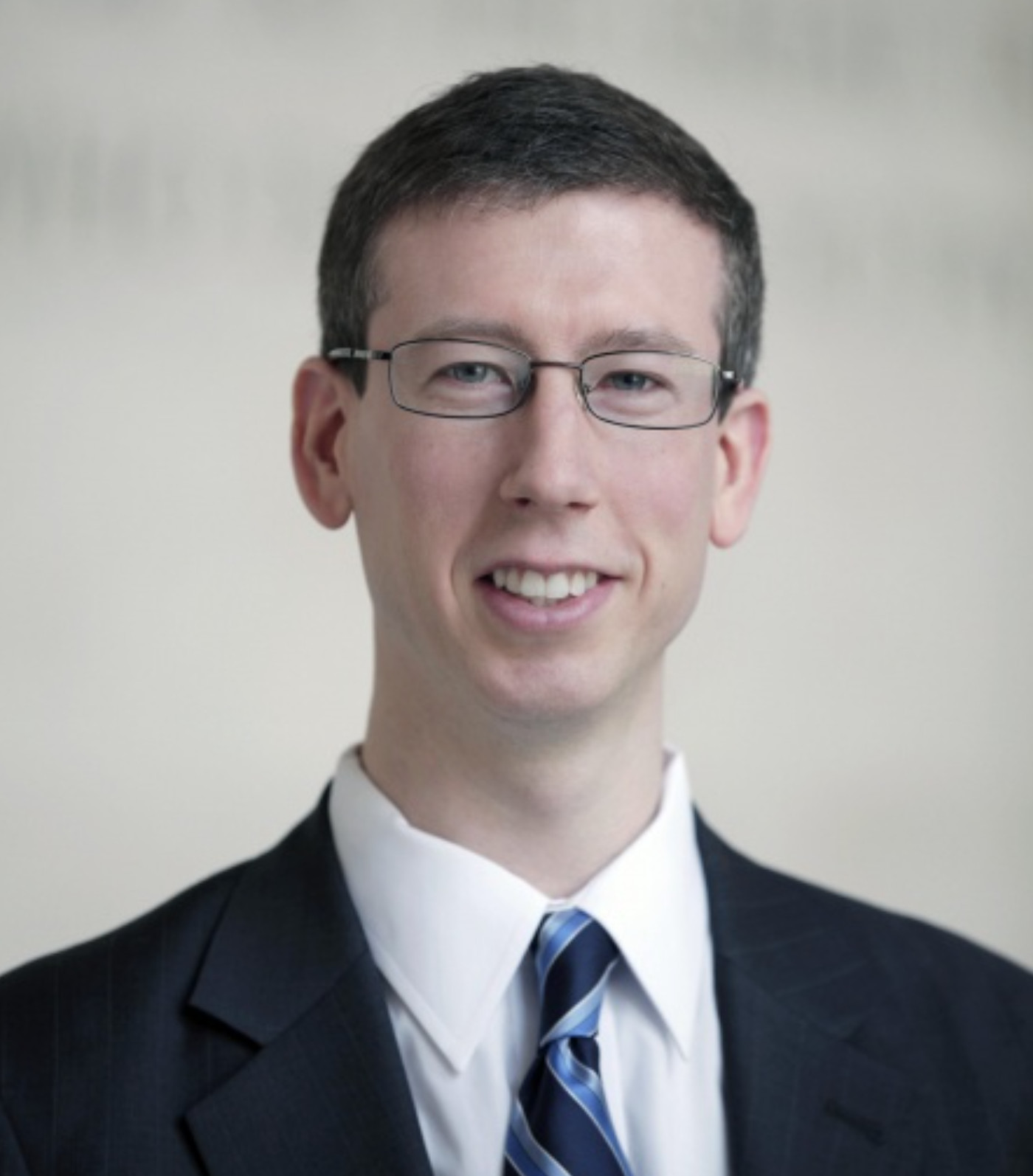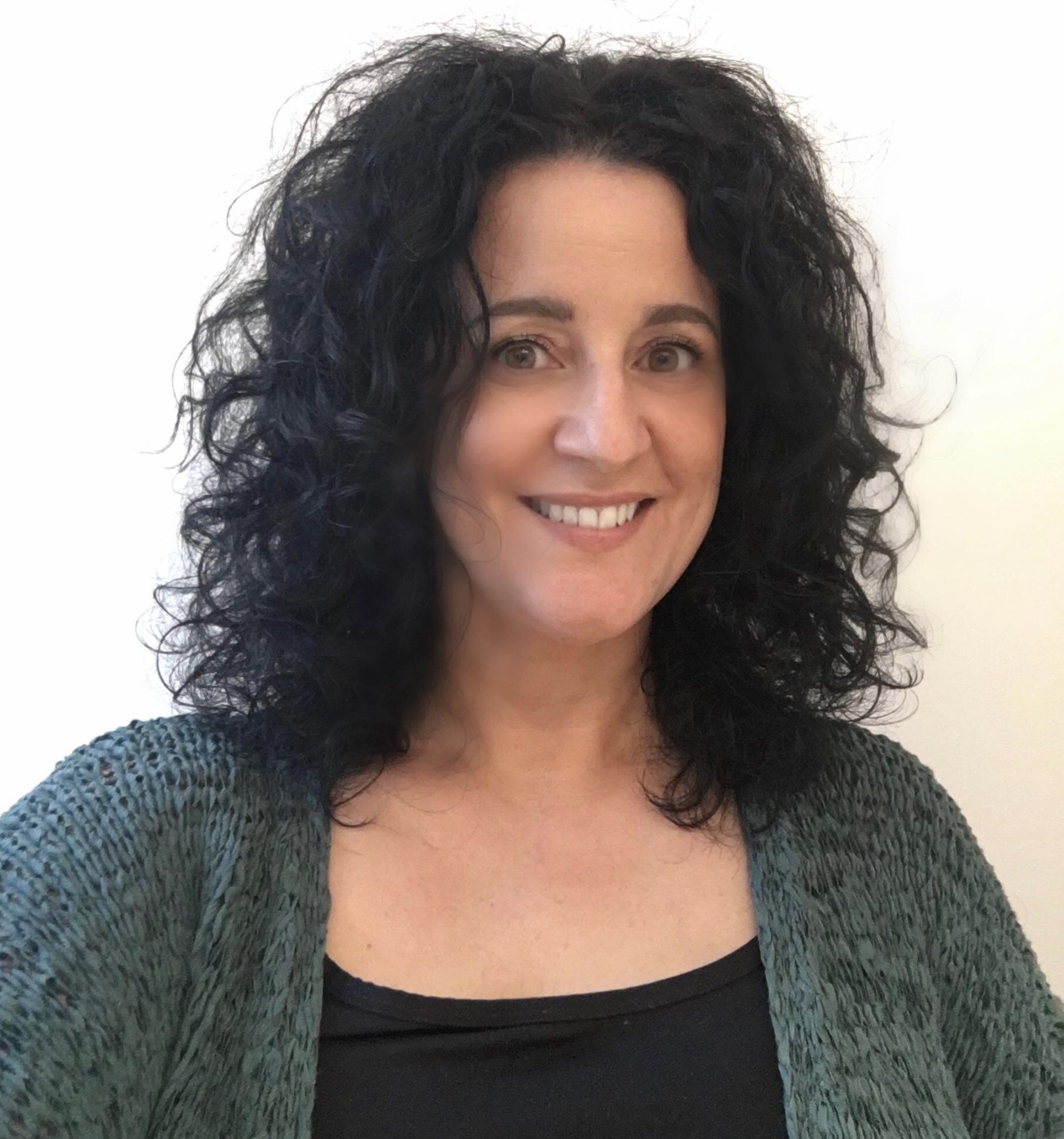Blog / Benjamin Dills & Gihan Hassanein / August 24, 2020


The Humanitarian OpenStreetMap Team (HOT) has just celebrated their 10 year anniversary. Born out of the humanitarian mapping response to the 2010 Haiti earthquake in January 2010, HOT officially became an NGO in August of the same year.
As a Participating Organization with the Group on Earth Observations (GEO), the impact of the HOT community over the past decade is the result of committed and coordinated collaboration in service of a cause: to ensure that under mapped communities are represented on maps and aid workers have an essential tool to carry out their life-saving work.
At the moment of HOT’s 10th birthday, over 250,000 mappers have used the HOT Tasking Manager to make over 117 million edits and map over 88 million buildings and 2.2 million kms of roads. These edits cover an area home to over 150 million people in low and middle income countries worldwide.
HOT has supported the humanitarian responses to nearly 100 crises over the last 10 years, including earthquakes, typhoons, floods, and other disasters. At the time of writing, HOT volunteers are creating maps to support COVID-19 responses around the world and to help the Lebanese Red Cross manage Beirut’s recovery from the tragic port explosion.
Now, HOT is accelerating its efforts to proactively map areas at risk of disaster before disasters strike. They will also work to train and support partners, enabling humanitarian, and development actors to plan for, reduce risk to, and respond to disasters when they happen.
An Audacious Goal for the Future
Over the next five years, HOT will scale up its activities thanks to support from The Audacious Project, a collaborative philanthropic initiative that serves as a springboard for social impact on a grand scale. HOT has launched it’s bold plan to map an area home to 1 billion people across 94 countries by 2025.
Audacious Project support is both a recognition of the essential work that HOT and OpenStreetMap communities have been doing for years, as well as a validation of HOT’s vision to ensure missing maps are no longer a factor in human suffering or loss of life in humanitarian crises.
Over the next five years, HOT will scale up its support to local mapping communities, accelerating the growth of local edits to the map in places at high risk of disaster or experiencing poverty. In order to achieve its audacious goals, HOT will work with existing OSM communities, invest in technologies and map data quality, and is seeking to engage and train more map contributors from all walks of life. All the resulting maps will be available publicly in OpenStreetMap for anyone to use.
If you would like to engage with HOT in this endeavor, please reach out to them at partnerships@hotosm.org or connect with them on Facebook or Twitter.
Congratulations on 10 years of extraordinary work and community collaboration!
About the authors

Benjamin Dills is HOT’s Communications Associate and focuses on HOT’s news updates, social media, and newsletter. He first came to HOT as a mapper in 2019 and became an editorial volunteer in early 2020. He was formerly the Digital Editor and Program Assistant for the Wilson Center’s Global Risk and Resilience Program, where his work focused on digital communications and event convening on the intersection of environmental change, natural resources, human security, and peacebuilding. Benjamin has an MA in Security Policy Studies from the George Washington University Elliott School of International Affairs. He is a founding member of the Environmental Peacebuilding Association. You can connect with him on Twitter or OpenStreetMap at @Climate_Ben.

As HOT’s Senior Communications Manager, Gihan Hassanein is responsible for advancing HOT’s external communications objectives of increasing awareness of the impact and importance of HOT’s lifesaving approach in development and humanitarian action. With over 12 years of international communications experience in the development and humanitarian sectors, including the Red Cross, the UN and several smaller NGOs, Gihan has extensive experience developing and implementing communications strategies and campaigns on diverse topics such as human rights, gender equality, human trafficking, modern slavery, migration, peace and security, and sustainable development. Gihan holds Masters degrees in International Politics from the University of Brussels and Applied Ethics from the University of Leuven, in Belgium.
Thank you for your subscription to the GEO Week 2019 mailing list.